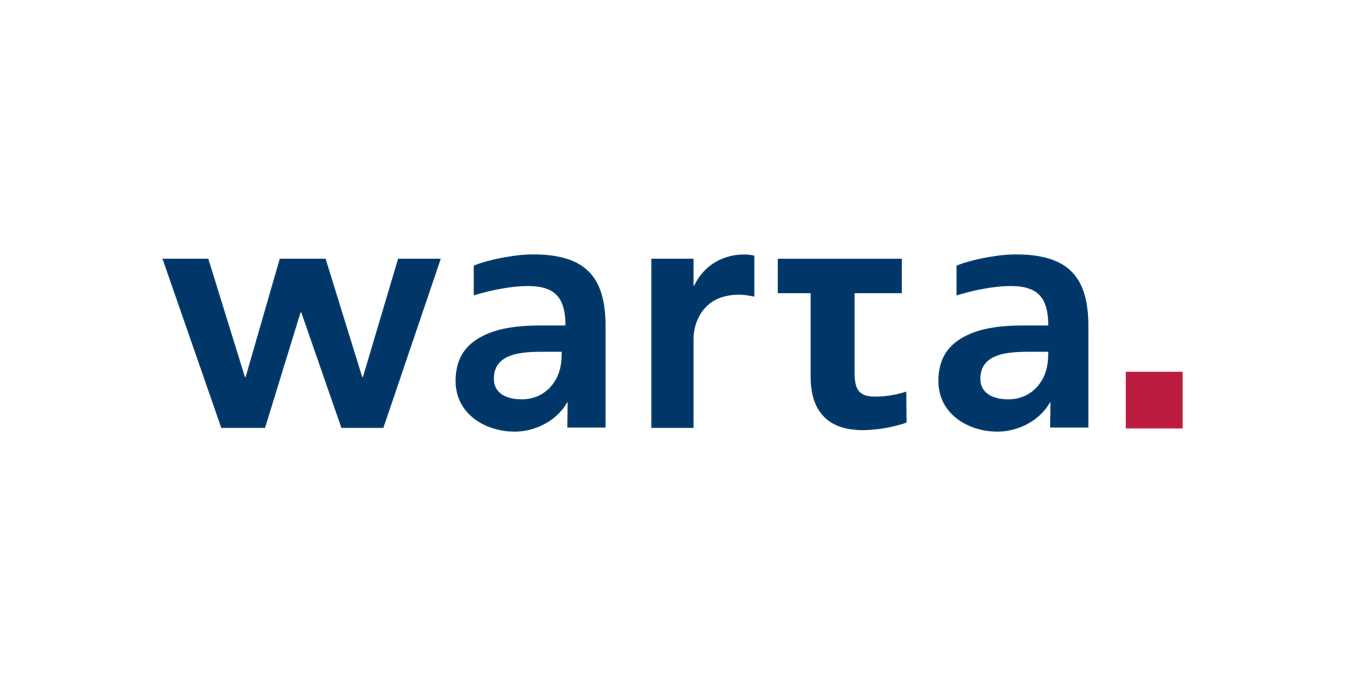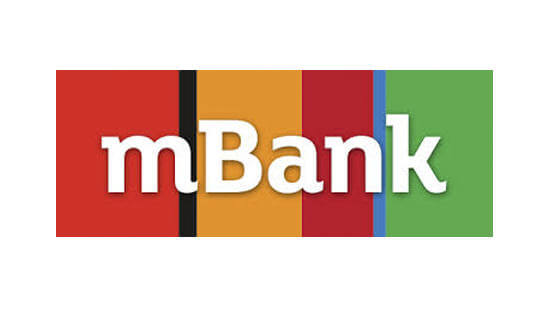Finances for non-financial employees of Shared Service Centres (SSC)
Kategoria: ACCOUNTING, CONTROLLING & FINANCES, Szkolenia SSC/GBS
The training is aimed at specialists in SSC who are not educated in finance but who deal directly or indirectly with accounting, finance or controlling issues in their professional work and feel the need to acquire basic knowledge and skills in these areas in an accessible manner.
• building broadly understood financial awareness among SSC employees at various levels of the organizational structure
• develop the ability to understand and use basic accounting and financial concepts (e.g. the difference between cash flow and profit)
• basic skills to read financial documents and to draw conclusions and opinions
• changing erroneous financial thought patterns
• Indicate the areas in which accounting and financial specialists support non-financial decision making in SSCs (e.g. sales)
• identification of areas where finance and accounting require support from other functional units of the enterprise in order to provide an effective and efficient system for reporting and measuring performance (KPI)
• explanation of the key criteria for assessing the profitability of long-term projects/projects taking into account their risks
• to learn the essence of key financial terms and concepts
• to recognize the effects and impact of daily business activities on the financial statements and financial position
• to learn to read financial documents and draw conclusions from them
• to be able to interpret basic financial indicators
• to get to know the basic methods of description and risk assessment of planned long-term projects/projects
• to acquire the ability to communicate effectively with employees of many SSC areas who deal with finance, which will enable better cooperation between departments and departments within the SSC
Training is conducted interactively using audiovisual techniques. During the training, numerous case studies are presented, students are also involved in acquiring skills through exercises and example analysis.
I. Basic financial terms and concepts
1. Financial accounting and management accounting and controlling – basic differences and practical consequences
2. Fundamental concepts of finance and operating costs – how to distinguish between fixed costs and variables, indirect and direct costs, overheads etc.
3. Regulations for reporting by various companies
4. Elements of the financial statements:
• balance sheet,
• profit and loss account,
• cash flow statement
5. Relationships between the components of financial statement
6. Key financial concepts (EBIT, EBITDA, cash flow)
II. Financial analysis of the company and its contractor – key financial indicators and their interpretation
1. Profitability analysis – how to examine the company’s profitability:
• Profitability analysis of sales (ROS)
• asset profitability (ROA)
• return on capital analysis (ROE)
2. Liquidity and bankruptcy risk analysis
• the concept and essence of the company’s liquidity,
• static analysis of liquidity based on the balance sheet,
• dynamic liquidity analysis based on the cash flow statement.
3. analysis of the company’s asset management efficiency – how to assess the management of receivables, inventories and short-term liabilities
• turnover and activity indicators,
• cash conversion cycle,
• working capital management problems
• accounts receivable analysis
• accounts payables analysis
4. Debt analysis – how to examine the structure and application of the capital involved in the company’s activity:
• debt ratios,
• analysis of self-financing and capital gearing.
III. Cost accounting and cost management
1 Problems related to the costs of running a company
• Costs and similar categories (what is the cost, expense)
• Classification of operating costs – how costs are grouped in the company according to balance sheet law and for the managerial purposes?
• Analysis of cost variability – how to divide costs into fixed and variable and determine how sales fluctuations affect costs?
2. Settlement and calculation of costs
3. cost analysis – which cost items should be specifically observed and analyzed
IV. Use of financial information in company management
1. evaluation of the profit and loss account – what is the impact of the applied cost accounting system on the company’s financial result and profitability, how can the financial result be controlled?
2. multiblock and multi-stage variable cost account – how is the profit and loss account for selected organizational parts of the company and for particular products prepared?
3. Profitability analyses and profitability thresholds – how much should be sold to go out on its own; how much should be sold to achieve the assumed profit level?
4. safety of margin analysis – how much sales can be reduced in order not to go bankrupt?
5. Use of operational and financial leverage in controlling – how do sales fluctuations affect profit and how do changes in profit affect profitability?
6. Sensitivity of the break-even point – how decisions made in other departments (e.g. sales, marketing) influence the break-even point?
7. operational and financial risk analysis
V. Basic Financial estimations and investment analysis
1 The foundations of financial mathematics in a nutshell
2. Time value of money (capitalization and discounting) – how to discount cash flows and make them comparable (future value, present value, payment streams)
3. raising capital for investment projects – what is the sequence of activities performed when making investment decisions
4. project evaluation methods:
1) accounting rate of return of ARR
2) simple refund period PP
5. complex methods of evaluating investment projects:
1) Discounted payback period for DPP,
2) net present value of NPV,
3) Internal rate of return IRR,
4. PI’s profitability index,
V. Design and use of KPIs (key performance indicators) in SSC practice
1. the concept of performance measurement in practice
• The essence of measuring performance (efficiency and effectiveness) in company management
• Critical success factors
• Key performance indicators (KPI)
2. the concept of multidimensional measurement (dashboards, scorecards, cockpits)
• performance measurement systems,
• the assumption of a balanced scorecard (balanced scorecard BSC)
• pros and cons and practical problems of BSC
3. design of the BSC system
• KPI integrated system design methodology
• the establishment of a strategy-focused organisation
• planning in the context of KPI design
• strategy mapping
4. implementation of the BSC-based KPI measurement system
• communication of results
• cascading the measurement to lower levels in the organizational structure
• Use of KPIs to improve efficiency
5. design of sample KPIs
Cost: 2490 zł + 23% VAT
Price includes:
- participation in training,
- training materials,
- coffee break,
- lunch,
- certificate of the completion of the coourse
Timetable
Timetable: 10 a.m. – 4 p.m.
Do you have any questions?
Please, don’t hesitate to contact us.
Wioletta Świercz
tel. (22) 208 21 29 | kom. 504 435 986
wioletta.swiercz@adnakademia.pl














